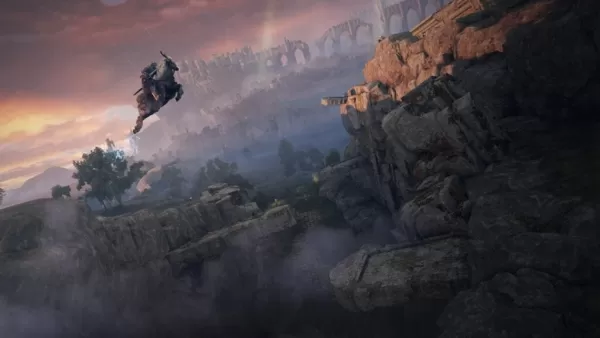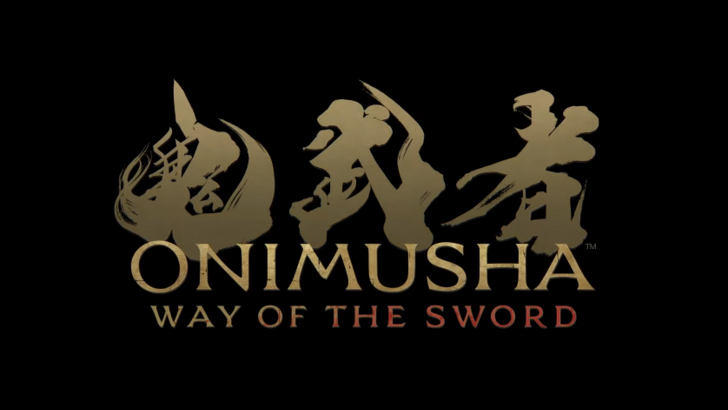Open-world games were once dominated by checklists, with maps littered with markers and mini-maps directing every move, making objectives feel more like chores than adventures. However, with the arrival of Elden Ring, FromSoftware tossed aside the conventional playbook, eliminating the hand-holding and offering players a rare sense of true freedom.
In collaboration with our partners at Eneba, we delve into how Elden Ring has transformed the genre and why it's worthy of admiration.
A World That Doesn’t Beg for Your Attention
Unlike most open-world games that constantly vie for your attention with pop-ups and directives, Elden Ring takes a subtler approach. It presents a vast, enigmatic world and encourages you to explore it at your own pace. The game eschews intrusive UI elements, letting your curiosity lead the way. If something catches your eye on the horizon, you're free to investigate. You might uncover a hidden dungeon, a formidable weapon, or a monstrous boss ready to challenge you.
One of the most refreshing aspects is the absence of level scaling. The world remains static, forcing you to adapt to its challenges. If an area proves too tough, you can return later, or take your chances against a dragon at level five with a broken sword. The choice is yours, though the consequences might be fiery.
It's never too late to delve into the Lands Between, especially when you can snag an Elden Ring Steam key at Eneba for less than you might expect.
Exploration Feels Like Discovery, Not a Checklist
Traditional open-world games often turn exploration into a race against time, with players rushing from one marker to the next, checking off tasks like errands. Elden Ring changes this dynamic entirely.
There's no quest log dictating your every move. NPCs speak in riddles, distant landmarks beckon without explanation, and the game never pauses to clarify its mysteries. This approach might seem daunting, but it's precisely what makes exploration so rewarding. Each cave, ruin, and fortress feels like a personal discovery, driven by your curiosity rather than a directive.
Moreover, unlike other games where loot can feel like a random drop, Elden Ring ensures that every find is significant. Venture into a hidden cave, and you might emerge with a game-changing weapon or a spell capable of summoning a meteor storm.

The Joy of Getting Lost (and Surviving)
In most games, getting lost is seen as a setback. In Elden Ring, it's an integral part of the experience. You might take a wrong turn into a poison swamp or stumble into a seemingly tranquil village only to be ambushed by grotesque creatures. These moments breathe life into the world.
While the game doesn't guide you by the hand, it leaves subtle clues. A statue might hint at an underground treasure, or a cryptic NPC might allude to a hidden boss. If you're attentive, the world gently nudges you without dictating your path.
Open-World Games Will Never Be the Same?
With Elden Ring, there's no turning back. FromSoftware has demonstrated that players don't need constant guidance to enjoy an open world; they crave mystery, challenge, and the thrill of discovery. We can only hope that other developers take note.
If you're eager to immerse yourself in a world that not only invites exploration but demands it, digital marketplaces like Eneba offer fantastic deals on Elden Ring and other must-play titles. Your next adventure is just a few clicks away.








![Taffy Tales [v1.07.3a]](https://imgs.xfsxw.com/uploads/32/1719554710667e529623764.jpg)











